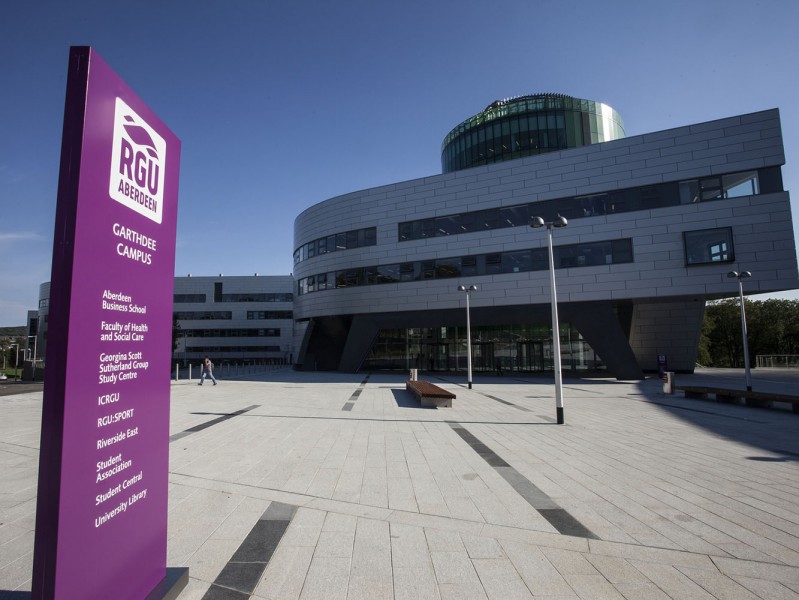RGU researchers to undertake innovative research with support from NZTC
Tuesday 10 May 2022

The project will be undertaken in collaboration with McAlpha Inc, a Canadian energy materials handling company.
Existing direct air carbon dioxide capture systems are highly energy intensive, bulky and require large amounts of resources such as water and other chemicals to provide net carbon removal making them costly. Unlike the more traditional carbon capture technologies this approach being developed by RGU utilises advanced filters to selectively extract CO2 molecules from the air. This research project headed by Professor Edward Gobina from RGU’s School of Engineering aims to deliver a simple, easily deployable, mechanically stable, continuous, and sustainable technology to capture CO2 directly from the air.
Professor Gobina said, “RGU is a leader in Net Zero research and has a strong track record of successfully delivering innovative projects in this area. We are pleased to have the opportunity apply our expertise and experience and are grateful for the funding we have received from NZTC. A successful outcome will lead to further industry partnerships and commercialisation of this technology and subsequently job creation for the North East of Scotland, which is vital now more than ever.”
Ayo Giwa, President, McAlpha Inc. commented: “McAlpha is committed to identifying sustainable and cost effective solutions to address barriers to climate change mitigation, adaption and finance and we are pleased to be collaborating with RGU to find climate solutions that help meets the world’s energy requirements.”
RGU supports the Scottish Government’s ambition to achieve net zero emissions by 2045 and delivering innovative research is one of the ways in which this is achieved. Carbon Capture and Storage (CCS) is the only viable technology to mitigate CO2 emissions while allowing for the continued usage of fossil fuels during the period of energy transition.
The project is being funded through NZTC’s Net Zero R&D Programme which is financed by The Scottish Government, The Scottish Funding Council and Scottish Enterprise. Ekua Osei, Project Engineer at NZTC said, “We are pleased to be collaborating with McAlpha on this exciting early-stage development as part of our Net Zero R&D programme. By connecting leading experts at RGU with select industry partners, we aim to accelerate the development and deployment of this novel Direct Air Capture (DAC) technology. This scalable solution is expected to have significantly reduced energy and material requirements, compared with incumbent technologies.”
DAC technologies, capture CO₂ directly from the atmosphere and have been identified as a critical portfolio technology required to abate emissions and contribute to achieving net-zero greenhouse gas emission targets.
RGU has a long-standing partnership with NZTC – in 2019, the university and NZTC joined an international consortium working together to explore if using renewable electricity to capture and convert industrial CO2 emissions is realistic at a large scale and how local communities respond to technological developments that aim to mitigate climate change. RGU and NZTC have also partnered to create the National Subsea Centre a multi-million-pound Centre of Excellence for Subsea Research Technology development.
